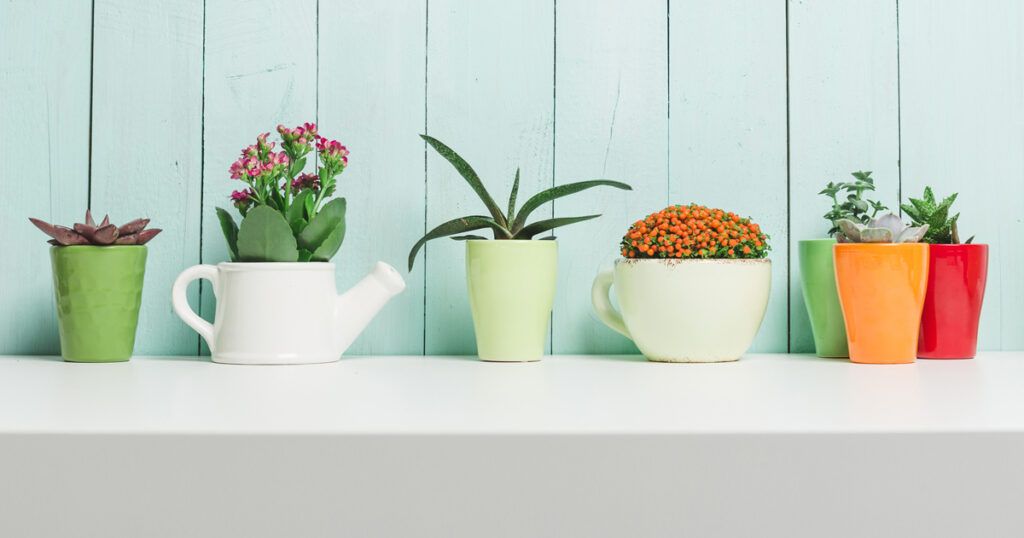The Human breathing system is continuously at work. Every day, it is busy 24 hours a day procuring oxygen and eliminating the CO2 that is produced during cellular metabolism. Regrettably, however, pollutants, irritants, viruses, or other toxins can get in this way. And as we know “thanks” to the coronavirus pandemic that we are taking precautions or else long-term exposure to such influences can lead to disease.
Luckily, we are blessed with the number of plants that protect and repair our respirational system. Many herbs that provide healthy airways have been used as natural remedies for many years, and their benefits are well known.
Eucalyptus
Eucalyptus is originally from Australia and its benefits are well known to many Aboriginal tribes who have long used it to heal wounds, cure infections, and make brews that inhale to relieve mucus, fever, and colds.
Today, eucalyptus is found in many cough syrups or drops. It is because it owes effectiveness called cineol (eucalyptol), which is a terpene that has medical properties that could become your best ally if you have problems like bronchitis, sinusitis, and bronchial asthma. Thanks to its germicidal properties, it is also a typical component in liquid soaps and disinfectant sprays.
Lobelia
Lobelia is very helpful even to the horses as it helps them to breathe very deeply. But the benefits of it are by no means limited to our animal friends. Actually, it is said to be among the most significant invention in the herbal medicines. This has been recorded in Potter’s Encyclopedia of Botanical Drugs and Preparations. The pretty purple flowers encompass alkaloid lobeline which is widely used in commercial medicines for colds, coughs, or bronchitis and ensures better, easier breathing
Mint
This popular plant contains menthol as the main active ingredient, which is a very good remedy for nasal congestion since it reduces the inflammation of the nasal membranes and thus makes breathing easier. This main element is also a linctus because it loosens the muscles of the respiratory tract and can carry mucus out of the lungs. We already have applied it to the chest as an ointment or inhaled it so that we can breathe freely again in case of cold.
Licorice root
Licorice or licorice are among the most used medicinal plants in the world. In ancient Chinese medicine, it is used more frequently compared to any other plant since it is supposed to harmonize the interaction of other herbs. Licorice has a very soothing effect and soothes irritated mucous membranes in the esophagus and particularly in the lungs. Its cough-relieving effect is due to the so-called saponins, triterpenes, which loosen the mucus in the respirational tract like a kind of “washing-up liquid” so that the body can get rid of it more effortlessly.
Sage
Sage leaves exude an intense fragrance. Sage tea is a popular drink for lung problems and breathing disorders such as sinusitis, as well as for a sore throat or cough. Its highly aromatic fragrance and the taste is due to its high content of pinene, a terpene that is known as a bronchodilator, expectorant, antiseptic, and anti-inflammatory.
Cannabis
This hemp plant has more than a hundred compounds called cannabinoids and THC and CBD are the mains here. They, along with CBD and other cannabinoids, have antiviral and antiseptic properties, which why many use cannabis to fight flu and cold. Evaporation of cannabis dispensary opens the sinuses and respiratory tract, acting bronchodilators to widen and increase the flow of air into the lungs. Even with asthma, it is a proven remedy. It is not for nothing that there are many athletes on moderate cannabis use to be able to breathe easier and not to end without oxygen during training.

